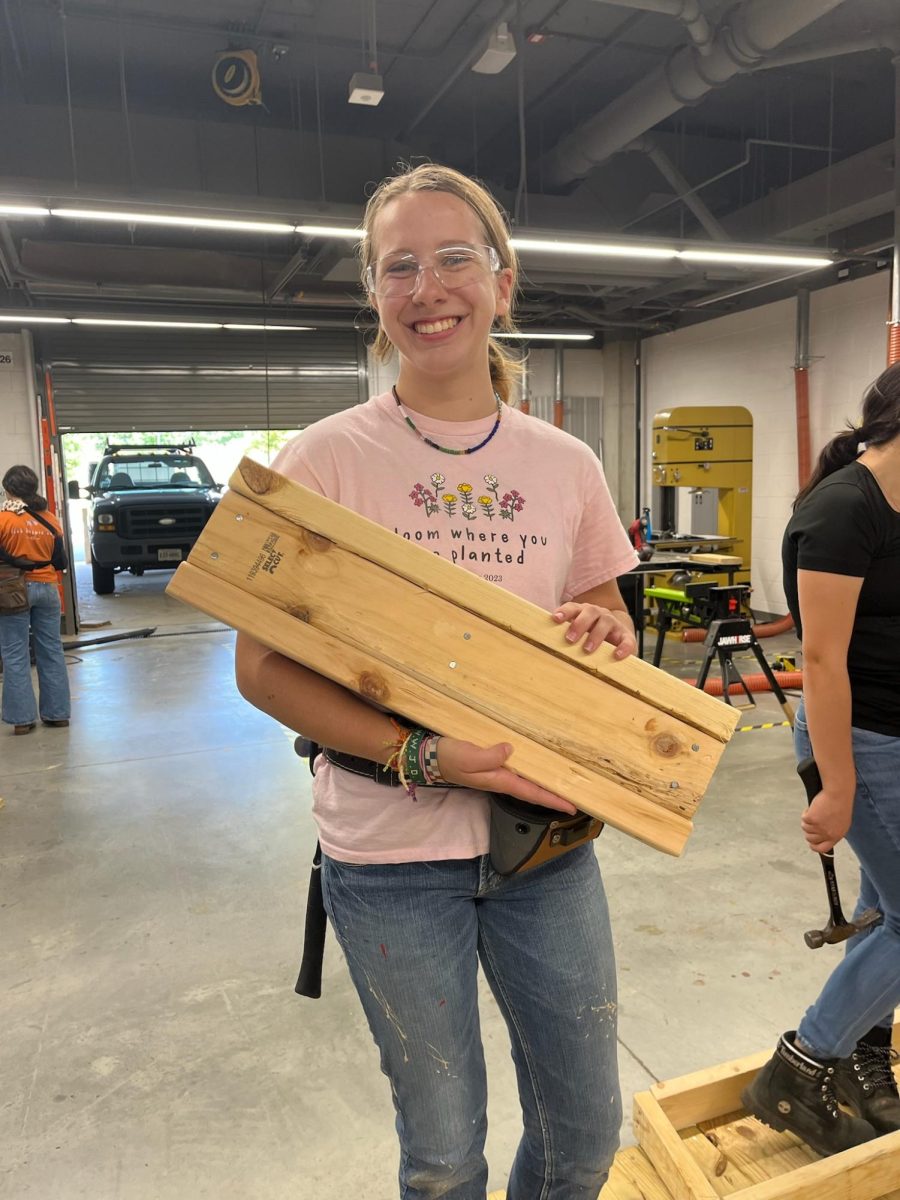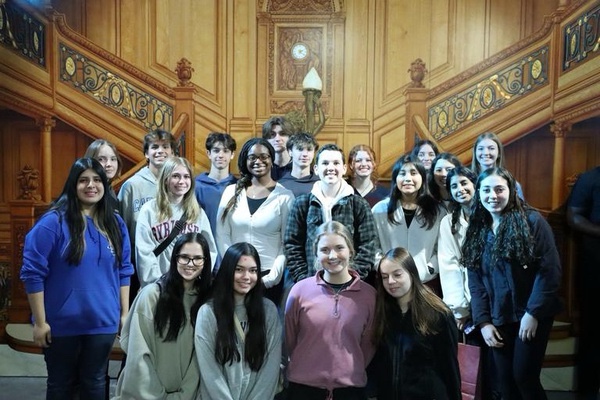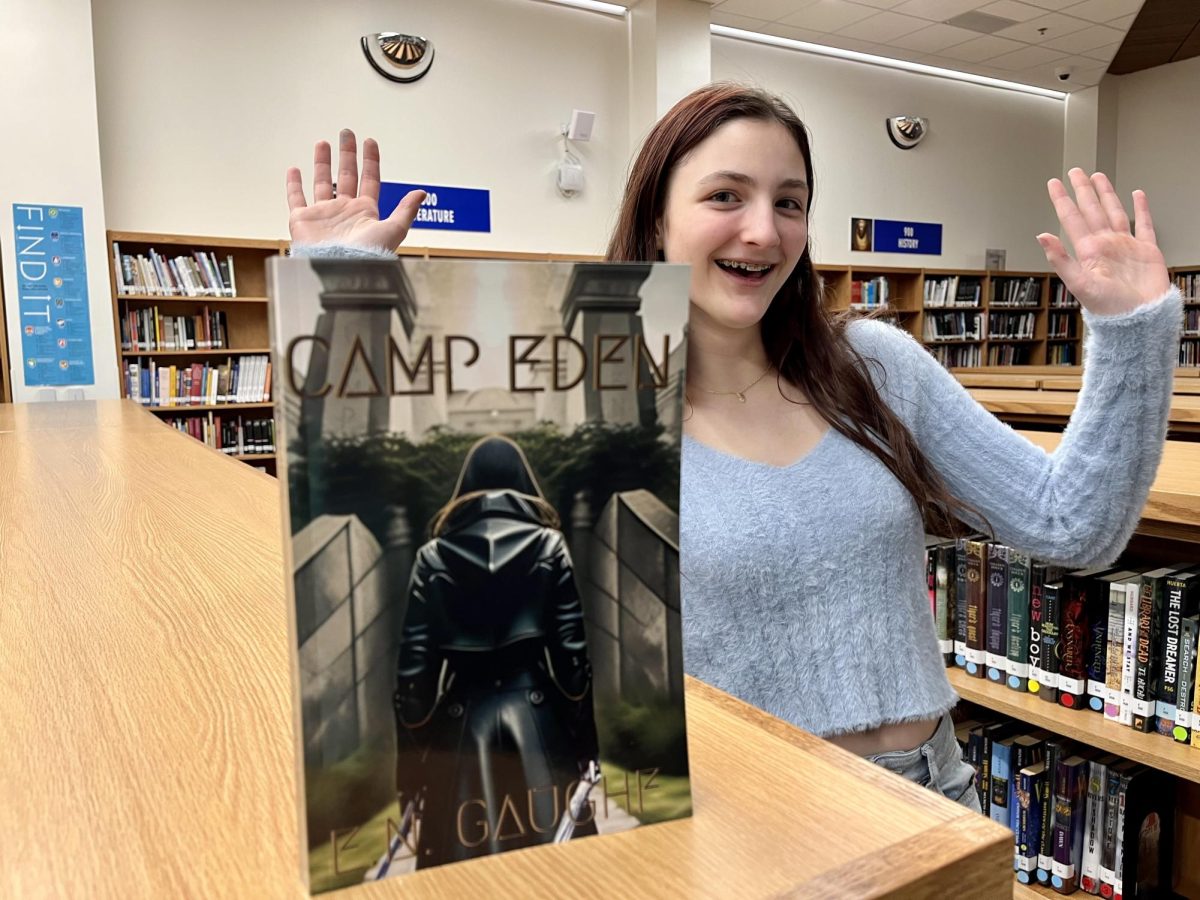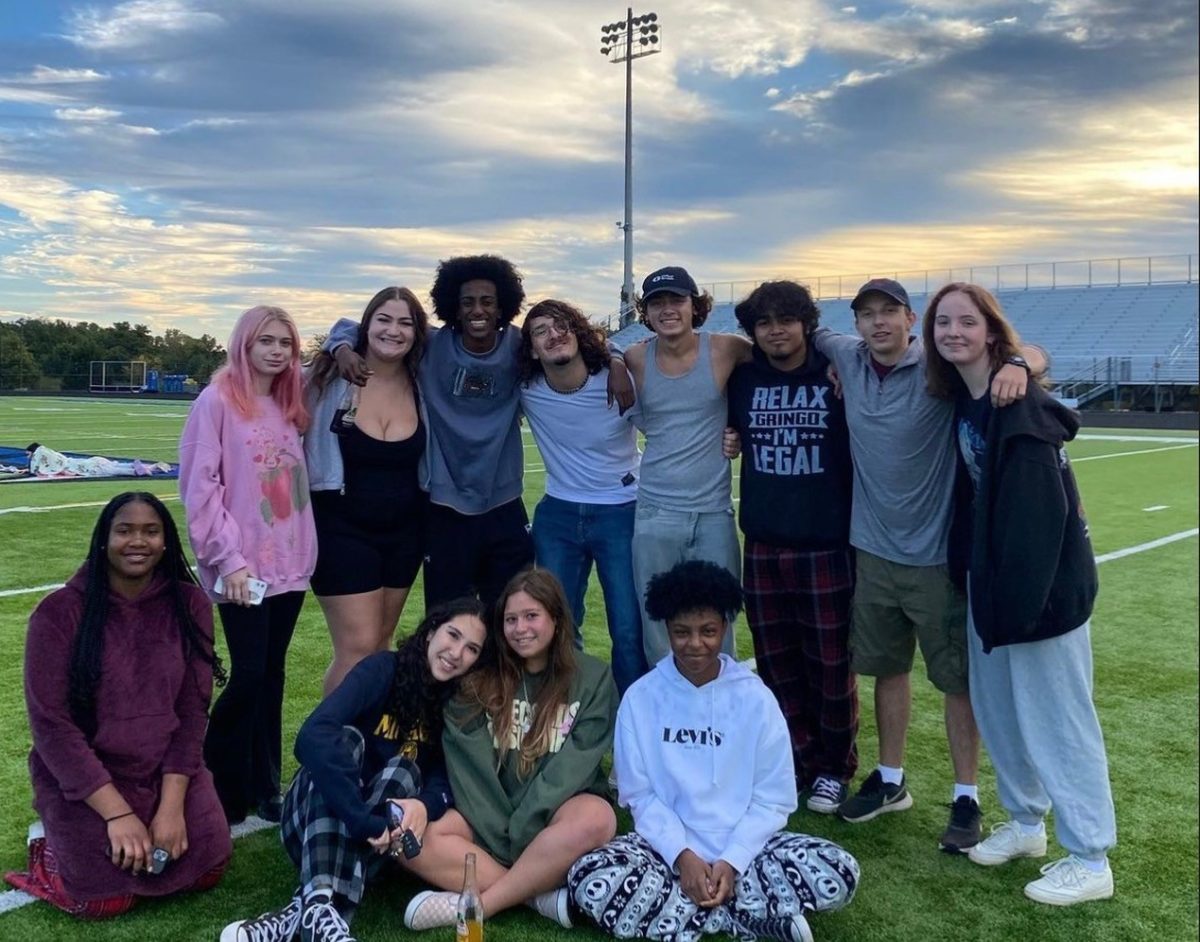
By: James Cassar
“I don’t use PowerPoint. I hope that doesn’t bother anybody.” In one sentence, Audubon Medal recipient and acclaimed naturalist Richard Louv opened his speech to over 100 eager environmentalists in the Husky auditorium. In those potent nine words, it was clear that this group wasn’t in Kansas anymore. It was back to the backwoods for Tuscarora, and Louv was there narrating his personal journey to his outdoor paradise.
Spending his boyhood in Kansas City, Mr. Louv grew up pulling survey stakes out of his serene slice of utopia: a patch of woodlands near his home. Although his efforts stalled the construction projects that soon plagued the area, a new contagious disease swept the nation: the information age was bringing kids indoors and depriving them of the world’s wonders. In response to this, Last Child in the Woods was published, an investigative look into what was pulling our generation away from nature, and how our world can create positive action in order to stop this.
Enter the Louv-christened “New Nature Movement”: a rally towards conservation of our natural resources, heralded by thousands of environmentalists. “We’ve been put on this earth to create, give back,” Louv asserts. Locally, his movement is taking shape with the Piedmont Environmental Council, who in their thirty years of operation have saved 15% of Virginia land – approximately 350,000 acres – through government petition and zoning procedures. The economically-minded “Buy Fresh, Buy Local” initiative has motivated over 250,000 families to kick-start sustainable agriculture and rely less on products that our surroundings don’t naturally provide.
Despite the best “green” efforts, this generation of parents and children has bred a dependence on technology and sedentary lifestyles. As if going without PowerPoint was an extended metaphor for his ache for a simpler era, Louv explained that “the more high-tech our lives become, the more nature we need.” The need for silicon satisfaction has been proven to spark attention disorders and behavioral problems in children. When speaking to the American Association of Pediatrics, Louv remarked that “the troublemaker in class becomes the leader when you bring the class outside.” A historical connection to the upbringing of esteemed photographer Ansel Adams justifies the claim that fresh air can fine-tune kinks in today’s kids. Once a boy riddled with intensified concentration issues, the future snap-shotter was expelled from school. His parents reacted by taking him on a grand tour of the nation’s Parks, and as a result, his influential career revolved around capturing the United States the same way his young self experienced it.
The recent paranoia and safety concerns brought on by 9/11 and the regional calamity surrounding the resulting sniper crisis have caused parents to shelter their offspring – literally. Fed on computer chips and a healthy dose of text-message lingo, Louv jokingly states that these meticulous adults believe that “chalk drawings lead to cocaine abuse” and flower pots are the true “enemy within.” The laughable attitudes of these parents can be attributed to a deficiency in what Louv coins “Vitamin N,” closely linked to the core subject of his new book, The Nature Principle. Concentrating on the parental aspect of nature rather than their kids, TNP touches on the sad truth that “the [world’s] number-one problem is its disconnection from the future.” To quote Matthew Broderick’s classic line from Ferris Bueller’s Day Off, “Life moves pretty fast. If you don’t stop to look around every once in a while, you could miss it.” The same could be said, not just for suburban Chicago, but for the world at large.
While the inspiring proponent of living like Kermit – proudly green – had his profound speech chock full of powerful quips, he interjected with a gripping statement that sums up the environmental movement quite nicely. “There’s meaning above you and there’s meaning below you, and you belong somewhere.” As poised as it is practical, Louv’s word speak volumes for the Twitter generation, and the most adequate proof is sitting right outside our windows. All we have to do is experience it.
It Comes Naturally: Richard Louv takes THS on a journey to a lost world – the great outdoors.
April 11, 2012
Leave a Comment
ABOUT THE PACK
The Pack is the newspaper of Tuscarora. Through creativity and passion the Pack pursues the news of the school and the world.
The Pack is the newspaper of Tuscarora. Through creativity and passion the Pack pursues the news of the school and the world.





